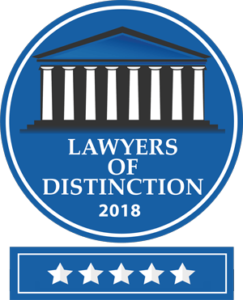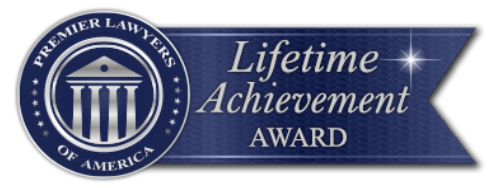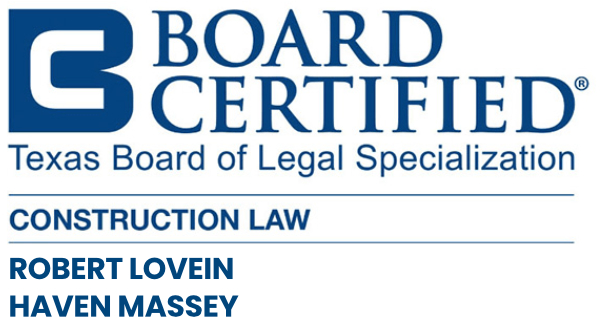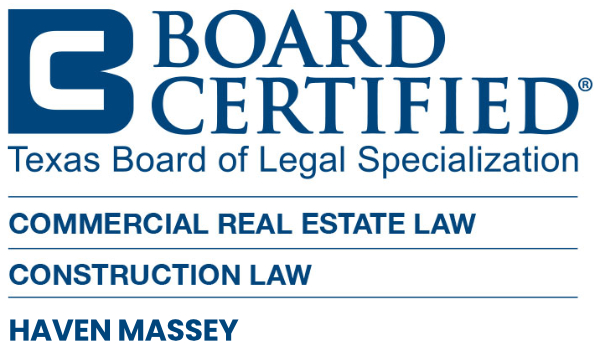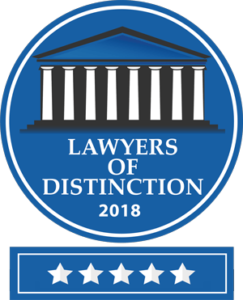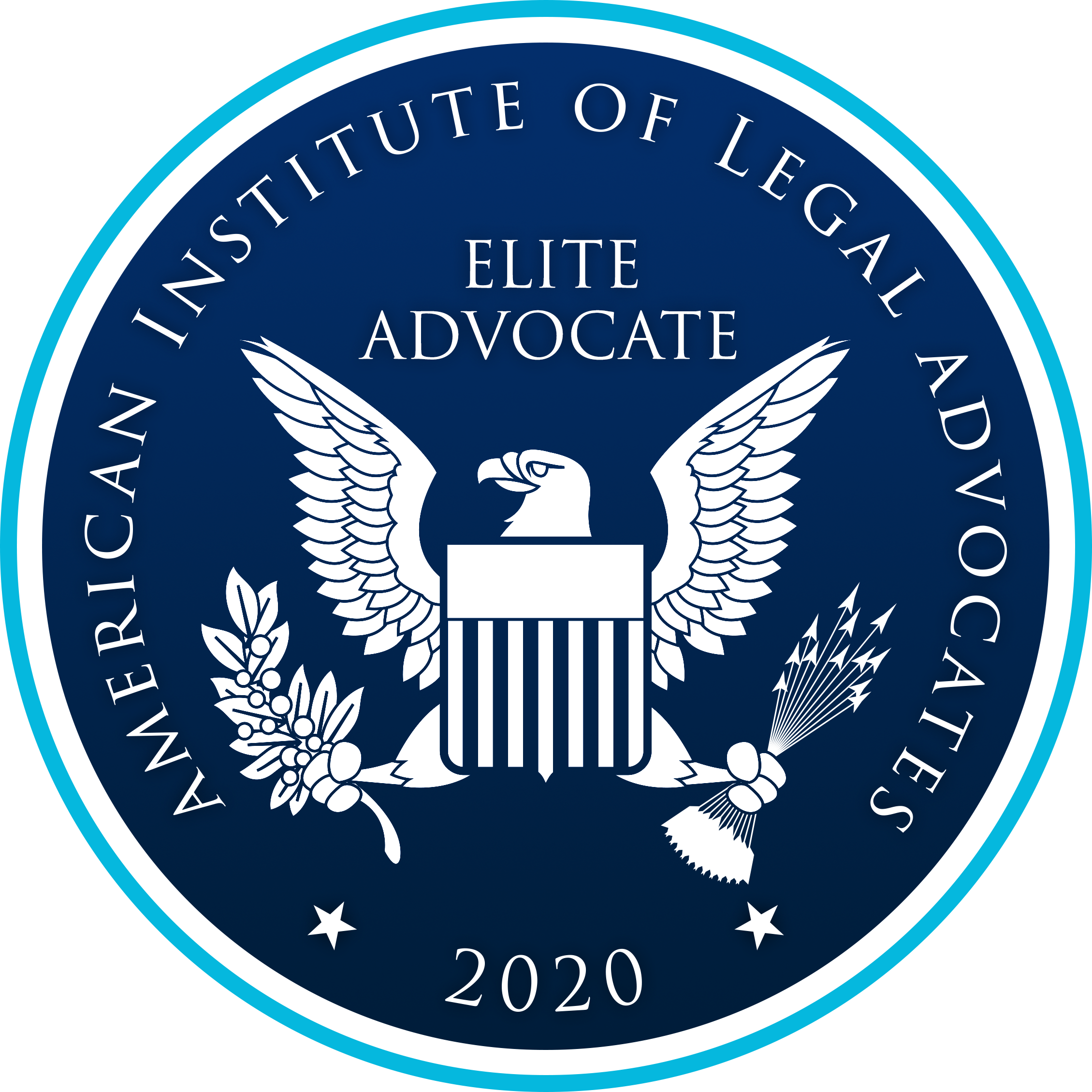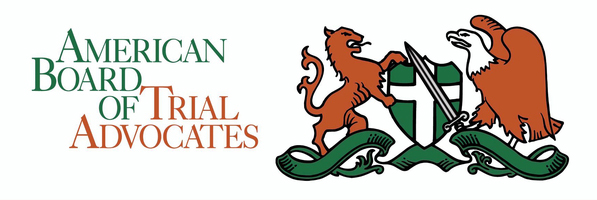The Texas Medical Board (the “Board”) is responsible for regulating the practice of medicine. The Board is authorized by the Texas Medical Practice Act (the “Act”) to investigate and discipline licensees for violations of the Act and Board rules. Over the last 10 years, patient complaints have nearly doubled and Texas physicians are being brought before the Board to defend complaints more so than ever before. A Board complaint and investigation is a serious matter that could significantly impact a licensee’s medical career. A Licensee who has received notice of a Complaint should immediately contact a qualified healthcare attorney to assist the Licensee with understanding the Complaint allegations, the Complaint process, and to defend the Licensee through final disposition of the Complaint. Lovein Ribman’s health care attorneys are well versed, tried, and testing in defending Complaints filed with the Board. If you have received notice of a Complaint or are preparing for a final contested case hearing, please call us at (888) 368-2483 or submit the Contact Form for a free consultation. To learn more about the Complaint process, please read below.
The Initial Complaint
Upon receipt of a Complaint, the Board has 45 days to perform an initial investigation to determine whether it has jurisdiction over the Complaint and whether the Complainant has alleged sufficient facts to warrant a further investigation. At this stage, the Board may notify the Licensee that a Complaint has been filed and request the Licensee to respond to the Complaint by answering a series of questions and providing supporting evidence. The Licensee’s response is critical, in that this is the first opportunity the Licensee will have to reframe the issues and succinctly set forth a defense. After receiving the Licensee’s response, the Board may dismiss the Complaint if it determines that there is not probable cause to further investigate the Complaint. Alternatively, if the Board determines that it has jurisdiction and there is sufficient evidence to warrant a further more in depth investigation, then the Board will move forward with a formal investigation. This is a critical stage of the investigation and the first opportunity to have the Complaint dismissed. As such, upon receipt of the Initial Complaint Letter, the Licensee should contact a qualified health care lawyer to discuss the Complaint and to assist with preparing a formal response.
The Formal Investigation Phase
If the Board determines that there is probable cause to further investigate the Complaint, the Board will contact the Licensee and request additional information. The Board has 180 days to conduct the formal investigation, but may extend this deadline upon a showing of good cause as to why the investigation could not be conducted within the statutory 180 days. Pursuant to Board Rule 182.8, if the Complaint is based upon an alleged standard of care violation, then the Board will employ a panel of two experts to determine whether the Licensee has violated the standard of care. If the two experts conclude that a violation has not occurred, the Complaint will be dismissed. However, if the two experts cannot come to a unanimous decision, then a third expert will be retained to make the final decision. If the Complaint is based upon a non-standard of care violation, then the Board staff will determine whether further investigation is warranted. In either case, if there is probable cause to continue the investigation, the Complaint will be referred to an Informal Settlement Conference (“ISC”).
The Informal Settlement Conference (ISC)
Pursuant to Board Rule 187.11, if the Board staff determines that there is sufficient evidence to conclude that a Licensee has violated the Act, Board Rules, or an order of the Board, the investigation will be referred to the agency’s legal division for scheduling an Informal Settlement Conference (“ISC”). The purpose of the ISC hearing is to provide an informal forum for the panel to review the Complaint information and for the Licensee to demonstrate that he or she is in compliance with the Act. At least 45 days prior to the ISC, the Board shall notify the Licensee of the ISC hearing date, time, and location, along with: (1) the nature of the allegations; and (2) a copy of the information the Board intends to present at the ISC. Within 5 days of receiving the notice, the Licensee may file a formal written request to reschedule the ISC if the Licensee has a conflicting event that had been scheduled prior to receipt of the notice and the conflict cannot be resolved. If the request to reschedule the ISC is made more than 5 days from receipt of the notice, then the Licensee must show that extraordinary circumstances have arisen since receipt of the notice that would prevent the ISC from proceeding as initially scheduled. Within no later than 15 days prior to the ISC, the Licensee may submit a written rebuttal to the allegations, of which the Panel will review in advance of the conference. This is a second opportunity for the Licensee to retain a qualified health care attorney to assist with preparing a detailed persuasive response to the allegations.
The conference will be presided over by two Board representatives, one physician member and a member of the general public, and will be accompanied by the Board’s Assistant General Counsel. The Licensee has the right to be represented by counsel at the conference and given the seriousness of any Complaint; the Licensee should not attend a conference without legal representation. The conference is intended to be informal in nature and typically lasts no more than 2 hours. The conference will begin with an opening statement by the Board’s staff attorney, followed by the Licensee’s opportunity to present its defense and answer questions from the panel.
At the conclusion of the ISC, the two person panel will deliberate and make: (1) a recommendation to dismiss the complaint; (2) a recommendation regarding an agreed Disciplinary Order to resolve the Complaint; (3) defer to the ISC pending further investigation; (4) direct that a formal Complaint be filed with the State Office of Administrative Hearing (“SOAH”); (5) recommend that a Disciplinary Panel be convened to consider temporary suspension or restriction of the Licensee’s license; (6) the imposition of a penalty; or (7) a remedial plan be issued to resolve the Complaint. The Panel’s decision is a “recommendation” that must be approved by the Board. If the panel finds a violation, it may offer an agreed order setting out the sanctions and terms to be imposed on the Licensee. A Disciplinary Order may include: (1) restricting the Licensee from performing certain procedures or practices; (2) require additional training or medical education; (3) require chart monitoring; (4) require compliance appearances before members of the Board; (5) refer the Licensee to the Texas Physician Health Program; (6) require participation in rehabilitation; (7) require drug testing; (8) prohibiting a Licensee from treating certain patients; (9) assessing an administrative penalty; or (10) issuing a public reprimand. Approximately 90% of all disciplinary actions are resolved through the ISC process.
The Contested Case Hearing (SOAH) and Appeal
If the Complaint is not resolved through the ISC process, then the Board will file a formal complaint with the State Office of Administrative Hearing (“SOAH”) to initiate a formal contested case hearing. SOAH is an independent agency that manages and conducts contested case hearings for over 60 state agencies, including the Texas Medical Board. The mission of SOAH is to ensure that contested case hearings are conducted fairly, objectively, promptly, efficiently, and result in a quality and timely decision.
Upon receiving a formal complaint from the Board, SOAH will serve the Licensee with a written notice stating: (1) the date, time, location, and nature of the hearing; (2) a statement of the legal authority and jurisdiction; (3) reference to the particular sections of the statutes and rules at issue; and (4) a short plain statement of the factual matters asserted. The contested case hearing is similar to a civil trail wherein the parties are permitted to conduct formal discovery prior to the hearing, to include written discovery requests, depositions, and third-party subpoenas. At the hearing, both sides will have the opportunity to present witnesses, deposition testimony, and documents in support and defense of the claim. If the Board is seeking a denial or revocation of the Licensee’s license, then the Board will have the burden of proof, based upon a preponderance of the evidence. Licensees have the absolute right to be represented by counsel and should take advantage of this right given the formal nature of the proceeding and the severity a negative finding could have on the Licensee’s medical career.
After all evidence has been admitted and the hearing has been concluded, the SOAH Administrative Judge (“AIJ”) will issue a Proposal for Decision (“PFD”) with findings of facts and law, along with a determination as to whether a violation of the Act has occurred. The PDF is then submitted to the Medical Board for a vote of final approval and imposition of sanctions if appropriate.
The decision will become final unless the Licensee timely files a Motion for Rehearing, which is an opportunity for the agency to correct any errors a party brings to its attention in the Motion. A Licensee then has 30 days from the decision or order becoming final to file an appeal in the district court for review of the agency’s decision. An appeal to the district court is not a re-trial of the evidence, but instead is more akin to a civil appeal, wherein no new evidence can be admitted. The Administrative Procedure Act allows the district court to uphold the decision or reverse and remand if the order is found to be arbitrary and capricious, an abuse of power, made in error, or rendered through unlawful procedure. If the district court denies the appeal, the Licensee may have the right to file an appeal up to the Texas Supreme Court.

